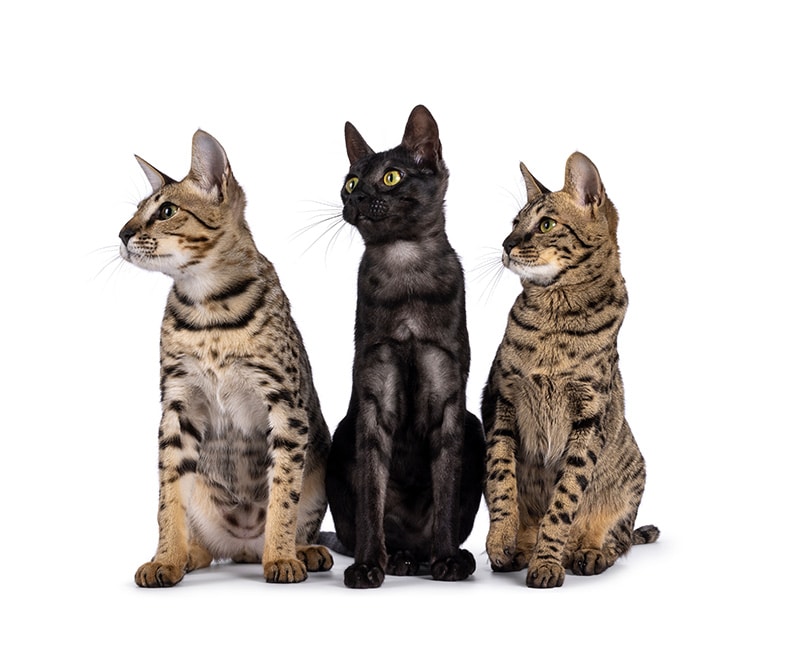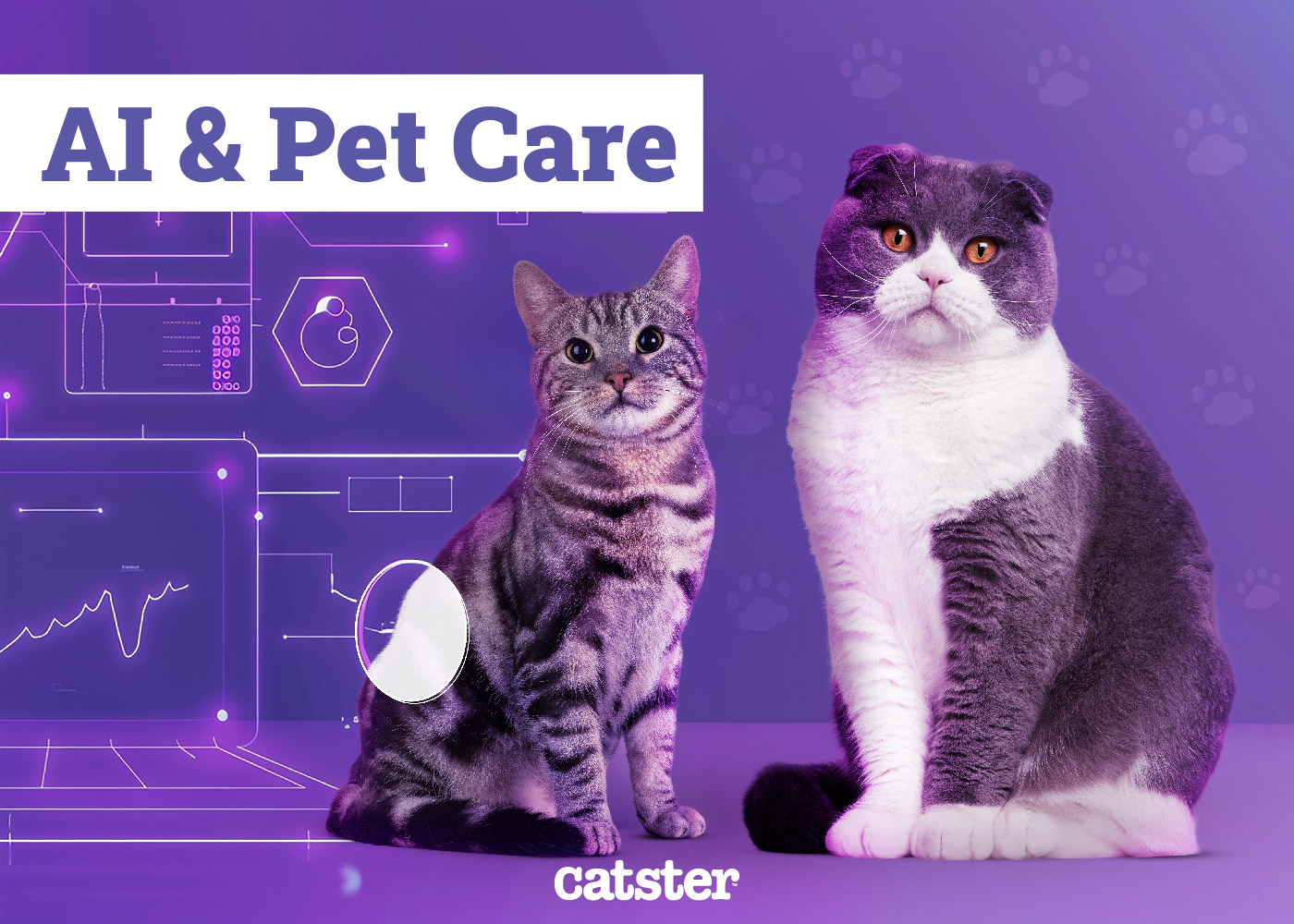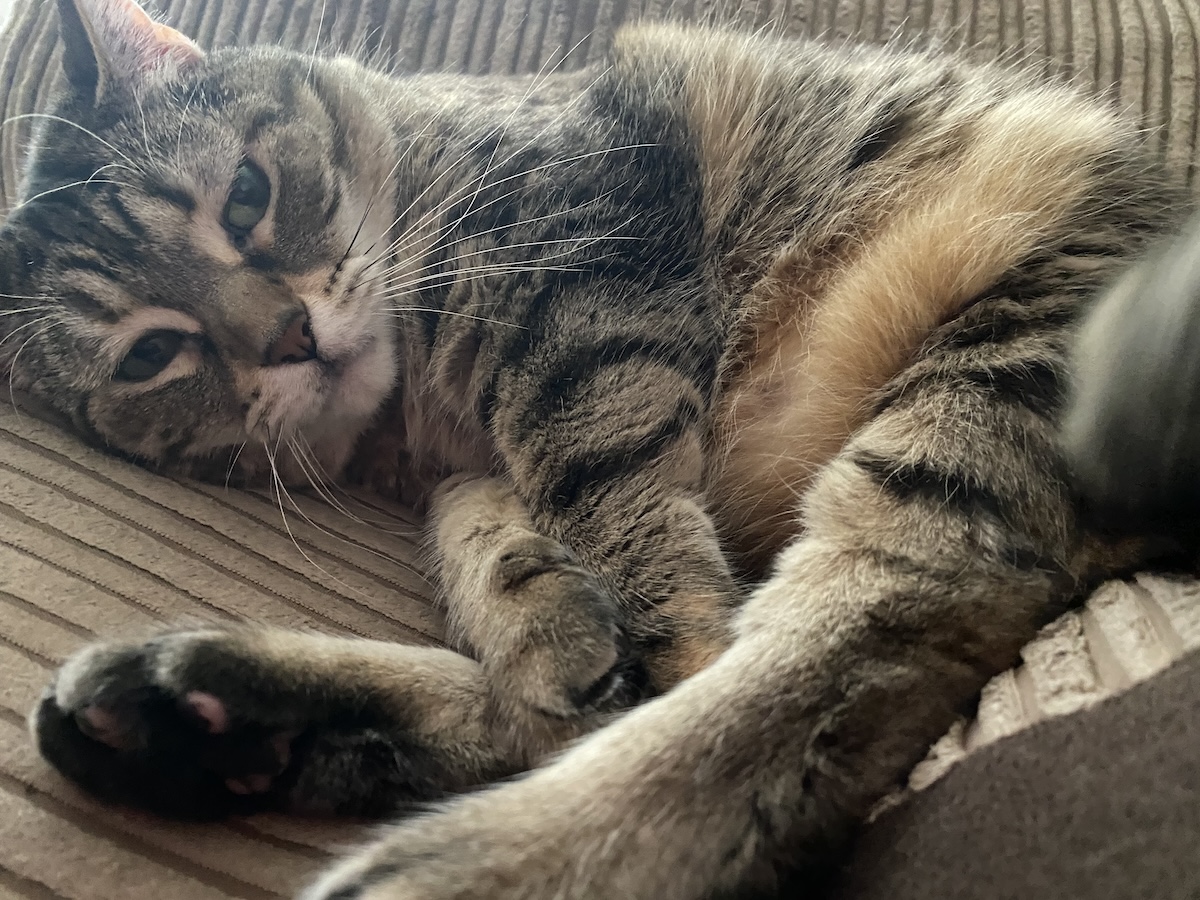Cats are unique animals, and each has a character that makes them stand out. However, they need a recognizable name to fit their personality or appearance in the best way possible. Many owners struggle to name their cats, but we are here to give you inspiration.
We made a list with several exciting names that start with the letter Z, so keep reading for more ideas.
How to Name Your Cat
When naming your cat, there are a few characteristics you should take into consideration. For example, a name that is easy for them to remember with two syllables is ideal. It will make it easier to say their name repeatedly when calling them.
Many owners name their cats after movie or cartoon characters, musicians, and, believe it or not, food. Either way, the most important issue is that you like the name you gave to your cat and that your cat learns to respond to their name.

Cat Names That Start With Z Based On Personality
Naming your cat after their personality is an excellent option. Zen might be the perfect name if you have a calm cat that sleeps all day and wakes up when it’s time to eat. On the other hand, if your cat loves to run and play the whole day, you can call them Zoomie.
Here are some other gender-neutral names in this category:
- Zappa
- Zee
- Zeno
- Zero
- Zesty
- Zimba
- Zuma
- Zumba
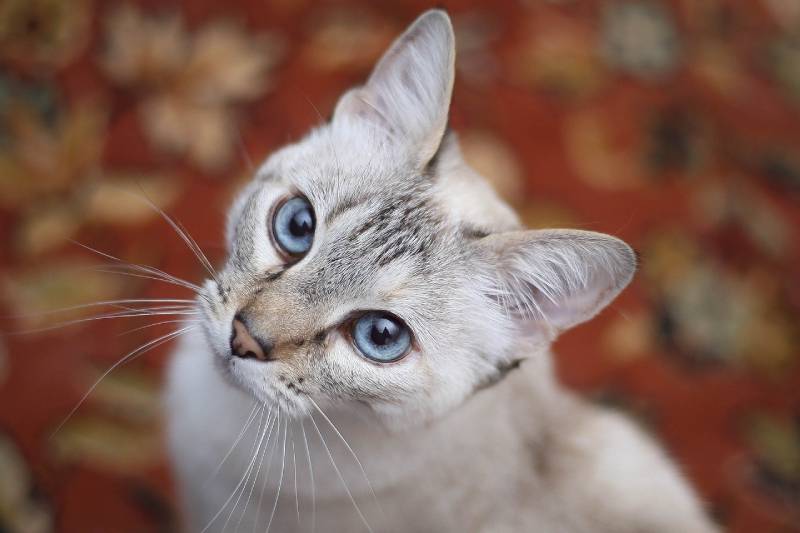
Male Names That Start with Z
You are in the right place if you have a male cat and you still need to name them. Here, we have a list of male names for every type of cat, from docile and calm to hyperactive and adventurous.
- Zaboo
- Zach
- Zachary
- Zami
- Zander
- Zaney
- Zap
- Zeek
- Zeppy
- Zhuzhu
- Ziploc
- Ziccer
- Zick
- Zim
- Zimi
- Zinger
- Zinger
- Zinko
- Zio
- Zodiac
- Zuni
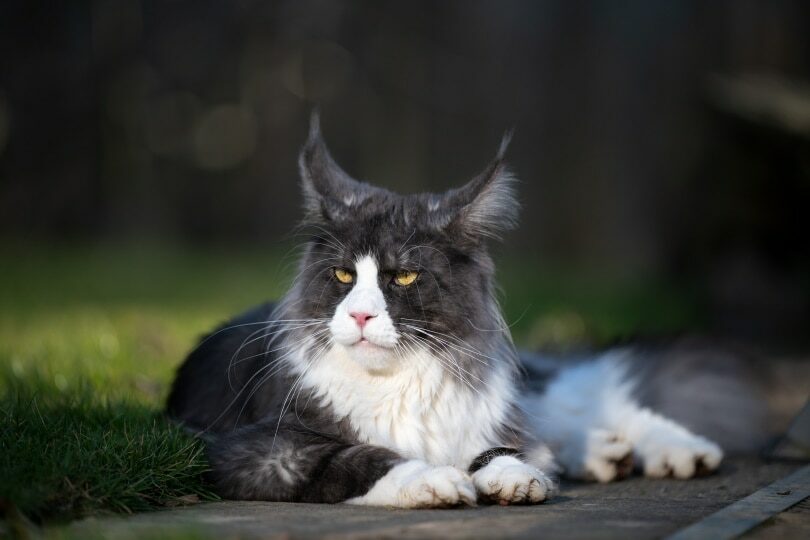
Female Names That Start with Z
Female cats tend to be more elegant and sometimes act like real divas. Therefore, you should give your female cat a name that relates to their feminine traits but also considers other characteristics.
- Zahara
- Zana
- Zannah
- Zaya
- Zazzle
- Zebra
- Zeca
- Zelda
- Zera
- Zeva
- Zia
- Ziga
- Zila
- Zim
- Zinnia
- Zio
- Ziva
- Zoa
- Zoe
- Zola
- Zora
- Zoya
- Zui
- Zula
- Zulu
- Zuri
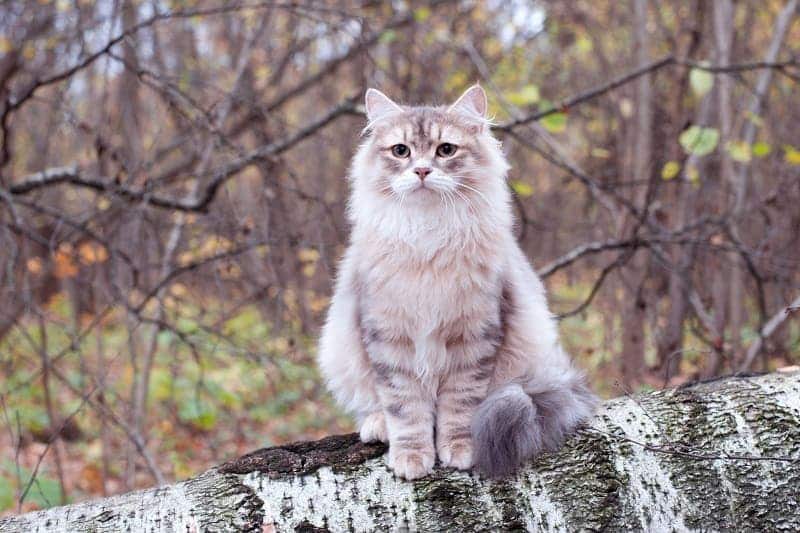
Names That Start With Z Inspired by Movie or Cartoon Characters
If you are a movie or cartoon fanatic, the idea that you should give your cat a name inspired by a character probably crossed your mind at one time or another. So, if you are unsure, here’s a list of iconic movie and cartoon characters that start with Z:
- Zabuza
- Zag
- Zaku
- Zangief
- Zaran
- Zarina
- Zazie
- Zazu
- Zed
- Zeke
- Zephyr
- Zeref
- Zeri
- Zetsu
- Zeus
- Zig
- Zira
- Zombie
- Zori
- Zorro
- Zundapp
- Zurg

Names That Start With Z Inspired by Musicians
A lot of inspiration in our lives comes from popular media and trends that famous singers set. Everybody has their favorite song and favorite musician, so it is no surprise that many people name their cats after their favorite musicians. If you are interested in doing that, here are some ideas:
- Zach
- Zack
- Zak
- Zara
- Zayn
- Zaz
- Zella
- Zendaya
- Zhou
- Zhu
- Ziezie
- Ziggy
- Zizi
- Zuchu
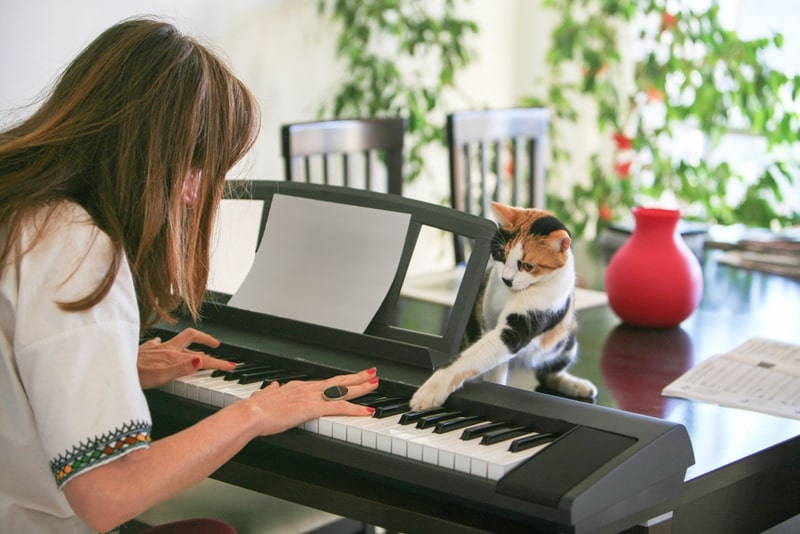
Food-Inspired Names That Start With Z
If you are a food lover, you would be surprised at how many food names you can give your cat. From some of your favorite foods to the less known, here’s a list of some exciting food names that start with the letter Z:
- Zaatar
- Zampone
- Zander
- Zapote
- Zeppole
- Zest
- Zevia
- Zima
- Zingers
- Ziti
- Zizania
- Zoni
- Zucchini
- Zuccotto
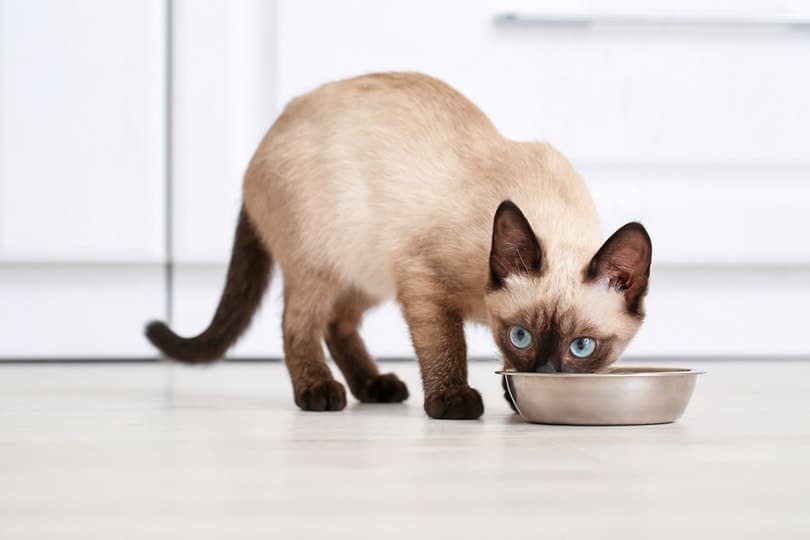
Conclusion
Getting a new cat is exciting, but sometimes it can be stressful because you want to make everything right, including giving your cat a proper name. You want the name to describe your cat’s personality and sound beautiful. We gave you a list of all the great words that start with the letter Z based on musicians, movies, cartoon characters, and food. We hope that we helped you make your decision.
Related Reads:
- 190+ Popular Blonde Cat Names: Beautiful & Unique Options
- 240+ Unisex & Gender Neutral Cat Names: Distinctive Options
Featured Image Credit: Nynke van Holten, Shutterstock

